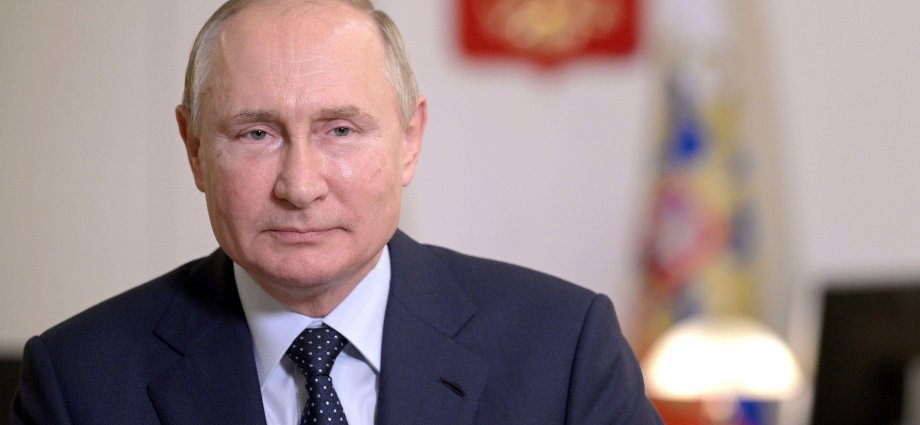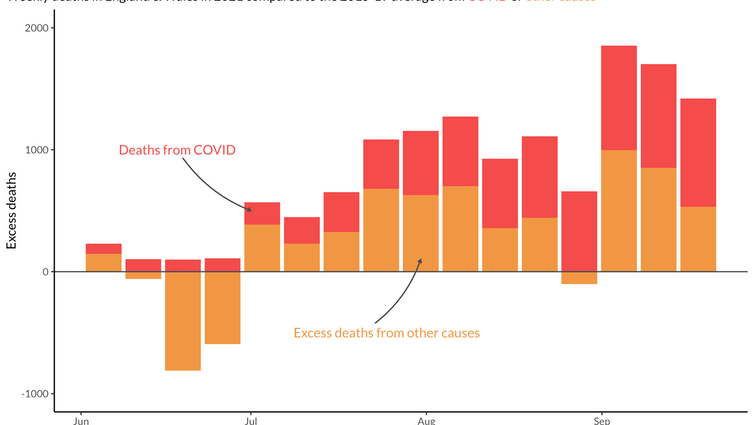Over a million hospital appointments were cancelled because of Covid last winter, NHS figures reveal
MORE than a million hospital appointments were cancelled due to last winter’s Covid wave. Now, medics warn “everything possible” must be done to stop widespread postponements this year. Getty January was the worst affected month with 144,000 cancellations at 37 hospitals[/caption] The impact on eye and heart clinics meant thousands suffered failing vision or worsening heart disease due to axed operations. England’s major hospitals each scrapped or rescheduled an average of nearly 9,000 outpatient appointments from September 2020 to March 2021 due to Covid-related reasons, figures show. Across the 116 biggest NHS trusts, the figure stretched to 1.01million.January was the worst affected month with 144,000 cancellations at 37 hospitals. Shadow Health Secretary, Jonathan Ashworth said: “We need a plan fromContinue Reading



















